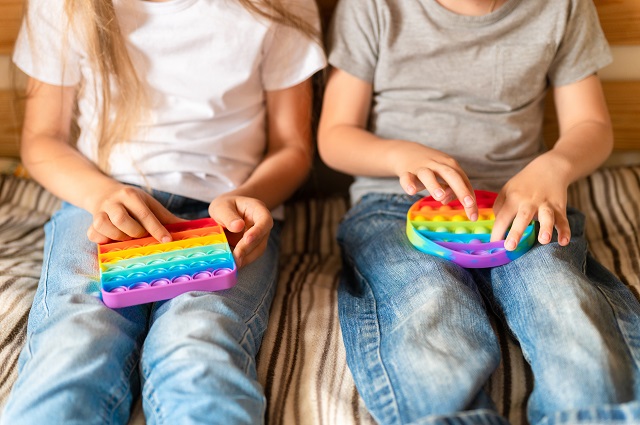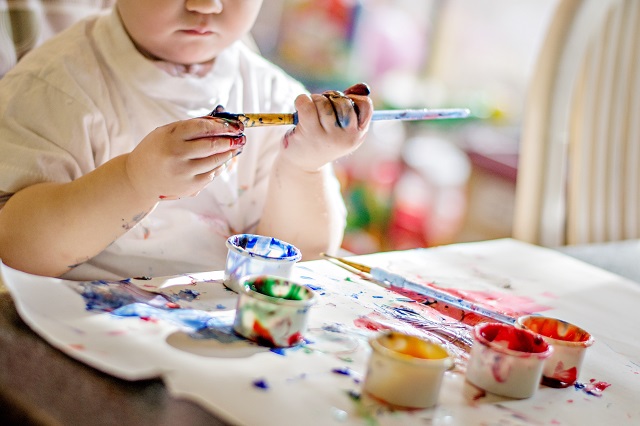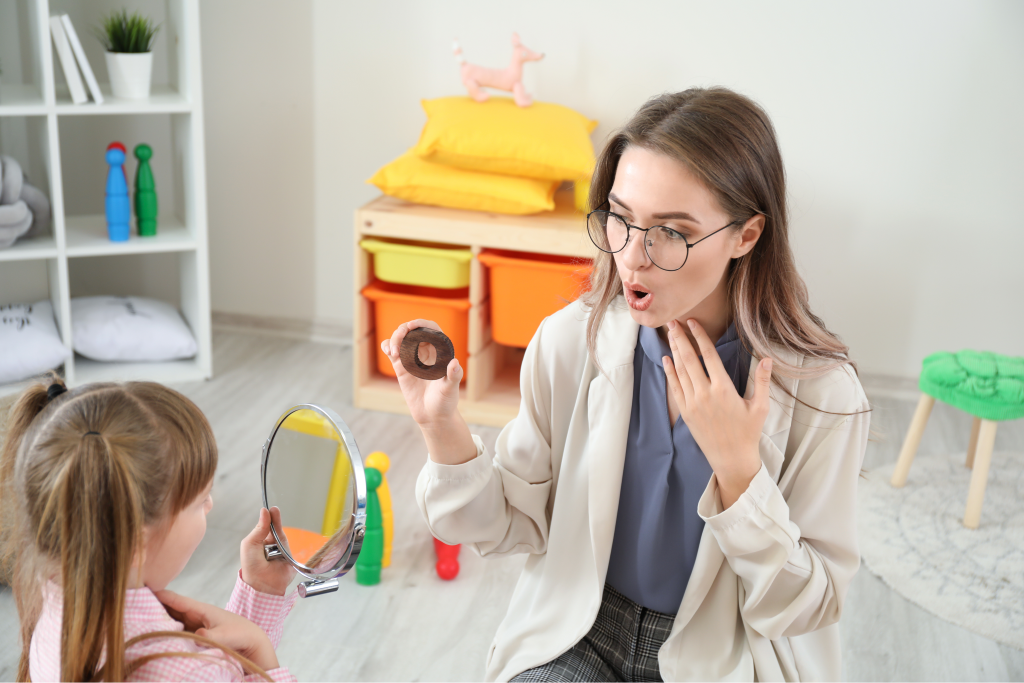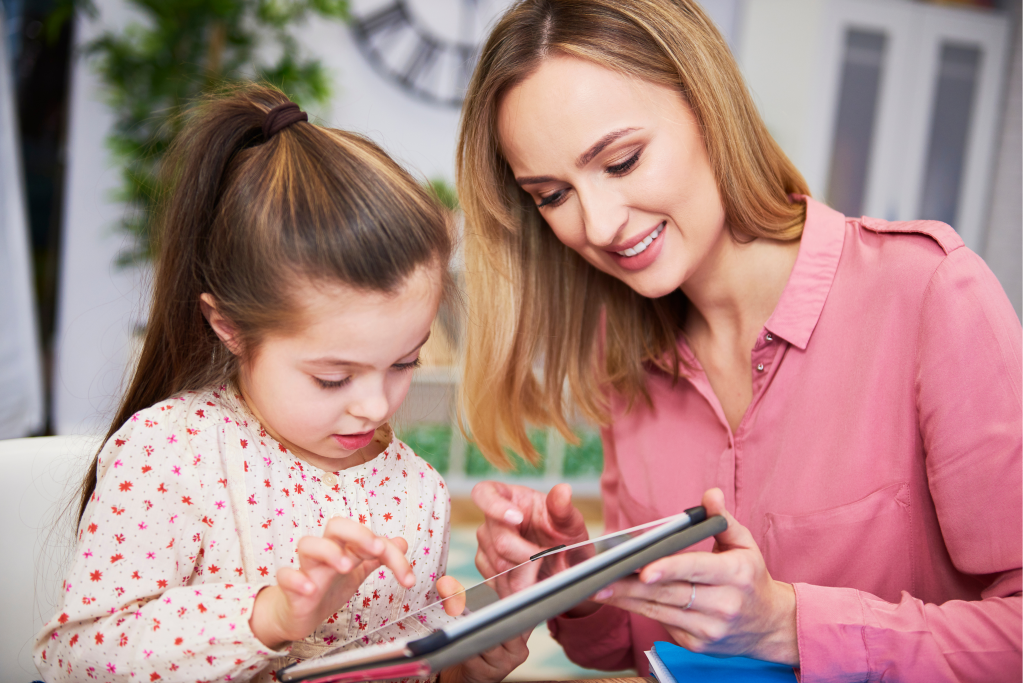Children absolutely delight in exploring their world through their senses. Sensory play – play that stimulates any of a child’s senses – builds cognitive skills and influences how your child learns about their world. At Happy Dots, all of our sessions are sensory & play based, and most of all fun!

Exploring our everyday world
Squish, squelch, spin, splash, squeeze, bang, run, scoop, shake, drop, smear, toss, spray, and ooze – children absolutely delight in exploring their world through their senses. It sounds (and can be!) messy, so you may often be inclined to cut this type of play short. But in fact, sensory play – play that stimulates any of a child’s senses – has an important role in a child’s health and development. Through it, your child builds cognitive skills and learns about their world.
What is Sensory Play?
In essence, sensory play includes play that engages any of your child’s senses. This includes touch, smell, sight, sound and taste. But it also covers movement, balance, and spatial awareness. When a child is born, their senses aren’t fully developed. They only mature over time as babies, toddlers, and preschoolers explore the sensory world around them. Each new experience they have with a different sense builds nerve connections that grow the architecture of their brain. You may hear your Occupational Therapist talk about the proprioceptive sense (where your body is in space) and the vestibular sense (movement). Both additional senses that are so important for development in children.
Benefits of Sensory Play for Babies
Babies learn and develop new connections in their brain through play. Sensory play also helps babies to learn more about the world around them and supports language development as they learn to respond to different stimuli. Babies can enjoy simple sensory play such as touching different objects and surfaces and hearing how different materials create varied sounds.
Benefits of Sensory Play for Toddlers
Toddlers are usually developing their thinking abilities and will start trying to do things for themselves. They are learning about concepts, like time and opposites, so activities that compare light and dark, and sorting colours, will encourage toddlers in their exploration.

Benefits of Sensory Play for Preschoolers
Preschoolers will often be exploring more independently and further developing language. Playing with musical instruments, and creating and building different shapes with various objects and materials, will further encourage these developments.
Overall Benefits of Sensory Play
Sensory play encourages learning through exploration, curiosity, problem solving and creativity. It helps to build nerve connections in the brain and encourages the development of language and motor skills. There are many benefits that may go unnoticed, such as the development of abilities to focus and block out distractions.
Sensory play is an important part of childhood and, within reason, there are really no limits to what you can use in sensory activities. Nature can often be your best friend when it comes to sensory play!
What are the Characteristics of Sensory Play?
The different characteristics of sensory play align to the 5 common senses, along with two additional senses related to balance and proprioception (the perception or awareness of the position and movement of the body).
1. Tactile Play
This is probably the type of play you’re most likely to think of when we talk about sensory play. Any time you see children exploring an object with their hands, they’re using tactile play. From tactile play, children can learn about pressure, temperature, vibrations, and so much more.
2. Vestibular Sensory Play
Rolling around, hanging, swinging, and jumping can all contribute to your child’s development of balance. This is because the sense of balance and movement comes from the vestibular system, which is located in the inner ear. Getting a child’s head into as many different positions as possible helps strengthen the vestibular system by activating various receptors in the ear.
3. Proprioception Sensory Play
Think of how you’re able to move your arms and legs freely without needing to look at them. That’s thanks to proprioception. Pushing, pulling, and jumping all help your child develop spatial awareness of their body. Through proprioception, children learn where they are physically in space and how their limbs relate to the rest of their body.
4. Auditory Sensory Play
Bang, boom, clash! It might not be your favourite type of play, but auditory play helps your child differentiate sounds and develop their hearing. Give your child a wooden spoon and a saucepan and you’ll see how they explore sound through play.
5. Visual Sensory Play
The Visual Sensory system is closely connected to the Auditory and Vestibular systems. Visual play helps to develop your child’s vision and sight. Think of how your child watches the “airplane spoon” as you fly it into their mouth. Playing with, and identifying, colours and patterns is a fun and engaging way to encourage Visual sensory play.
6. Olfactory and Taste Sensory Play
Olfactory relates to the sense of smell. It is also directly related to taste. It’s harder to gauge when a child is using their sense of smell and taste, but obvious examples include when they smell flowers or test the taste of their brand new building blocks. Children can develop these senses through games that encourage the exploration of smell and taste.
We hope that the above information has helped better understand Sensory Play and the benefits to children. Whilst Occupational Therapy sessions can often look like we are just “playing”, there is much more to it than that. To find out more about how an Occupational Therapist can benefit your children feel free to head to our website happydots.com.au



